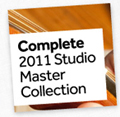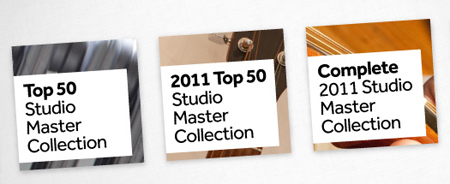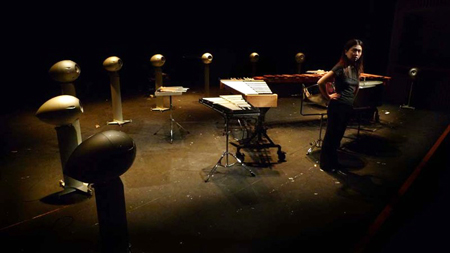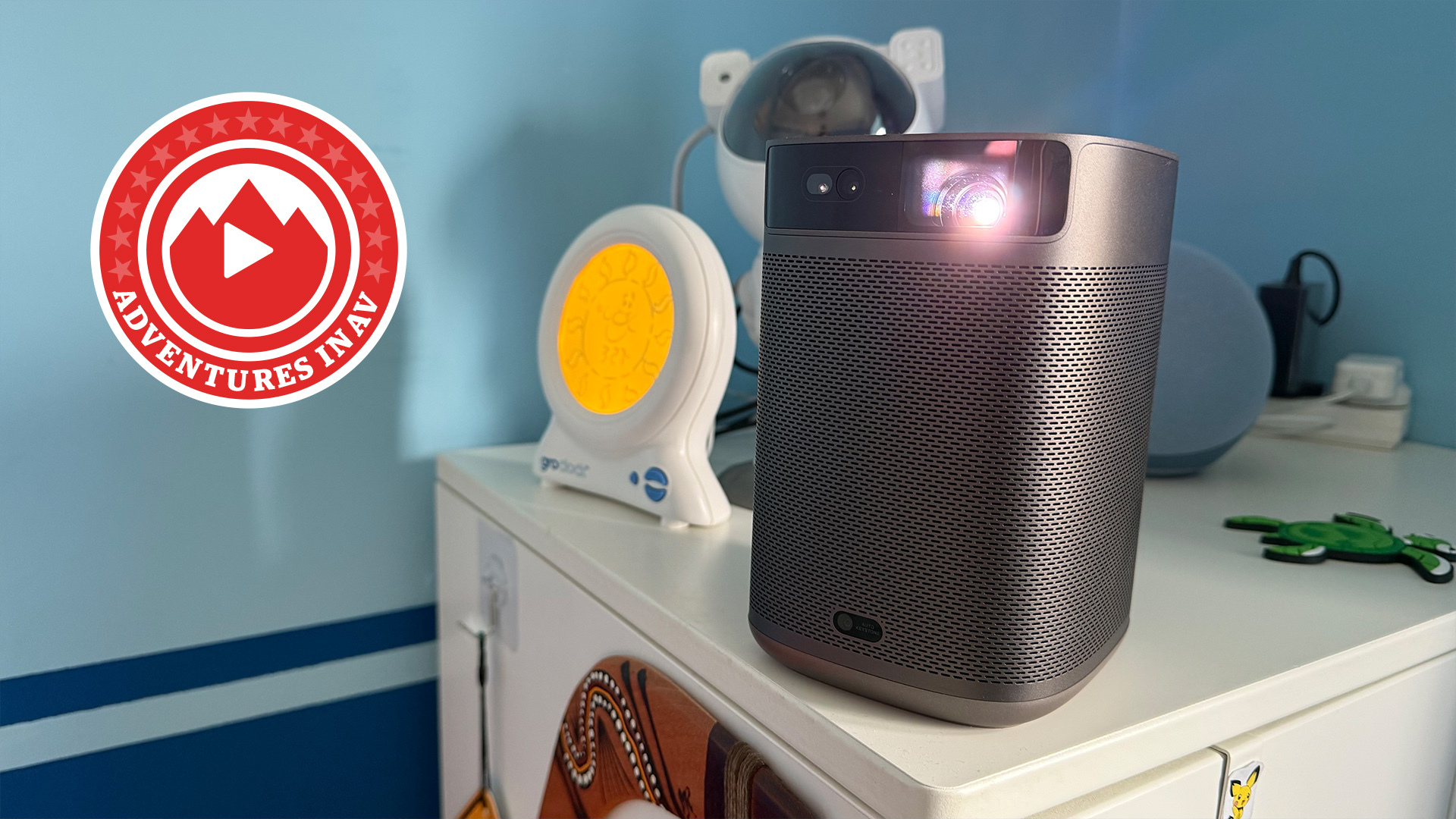Linn's range of Studio Master music collections – now in both FLAC and Apple Lossless
Five hi-res packages available until the end of the year, as company boss suggests Apple's open-source ALAC may be paving the way for 24-bit on iTunes


Linn is launching five packaged collections of its Studio Master recordings: they'll be available until the end of the year, and for the first time the high-resolution recordings are available in both FLAC and Apple Lossless (ALAC).

The move comes as Linn Products boss Gilad Tiefenbrun (left) suggests that Apple's decision to make the ALAC format open source could be the first step in a move to make 24-bit hi-res music available via iTunes: in fact, he thinks it could happen as soon as next year.
The Linn Studio Master collections come pre-loaded on a USB hard drive, and as well as the hi-res versions, at up to 192kHz/24-bit, the drive will also contain CD quality and MP3 versions of the same albums, for those who want to burn their music to disc or listen to it on an iPod.
Buyers can choose between FLAC or ALAC for the hi-res version, and the price is the same whichever is selected.
The 2011 Top 50 Studio Master Collection sells for £695, and as the title suggests, contains the company's best-selling Studio Master releases of the Year.
The All-time Top 50 Studio Master Collection is also £695, and is designed as a 'new listeners start here' introduction to Linn's hi-res music, while the Classical Label of the Year Collection (again £695) celebrates Linn's 2010 award from our sister magazine, Gramophone.

It includes 50 recordings, among them the Scottish Chamber Orchestra's award-winning recording of Mozart's Symphonies 38-41, conducted by Sir Charles Mackerras, percussionist Kuniko Kato's Kuniko Plays Reich (above), Linn's 2011 best-selling classical album of the year, and the Dunedin Consort's superb recording of Handel's Messiah.
Get the What Hi-Fi? Newsletter
The latest hi-fi, home cinema and tech news, reviews, buying advice and deals, direct to your inbox.
The Complete 2011 Studio Master Collection, at £1450, contains all the company's Studio Master releases this year – over 100 albums –, while The Ultimate Studio Master Collection (£3850) includes every Studio Master album currently available, from Linn and its partner labels.
Linn's Gilad Tiefenbrun, describing the open-source ALAC move as a 'sudden outbreak of sanity from Apple', thinks the decision has 'a pure, commercial motive. And that is…24-bit'.
He says 'the momentum around 24-bit is growing. Artists want it. The music-loving public wants it. The majors see it as one last chance to re-monetise their back catalogues from the 50s, 60s and 70s.
'Problem is, Apple owns the main route to the customer with iTunes.
'So here's the deal. The majors offer Apple the 24-bit catalogue. Apple wants the format to be ALAC for the sake of iTunes compatibility. The majors demand ALAC be open source, so that the good stuff can be enjoyed beyond the Apple World to the widest possible audience.
'In other words, I believe this is an essential piece of the jigsaw that will see iTunes offering 24-bit music downloads in 2012.'
Andrew has written about audio and video products for the past 20+ years, and been a consumer journalist for more than 30 years, starting his career on camera magazines. Andrew has contributed to titles including What Hi-Fi?, Gramophone, Jazzwise and Hi-Fi Critic, Hi-Fi News & Record Review and Hi-Fi Choice. I’ve also written for a number of non-specialist and overseas magazines.
